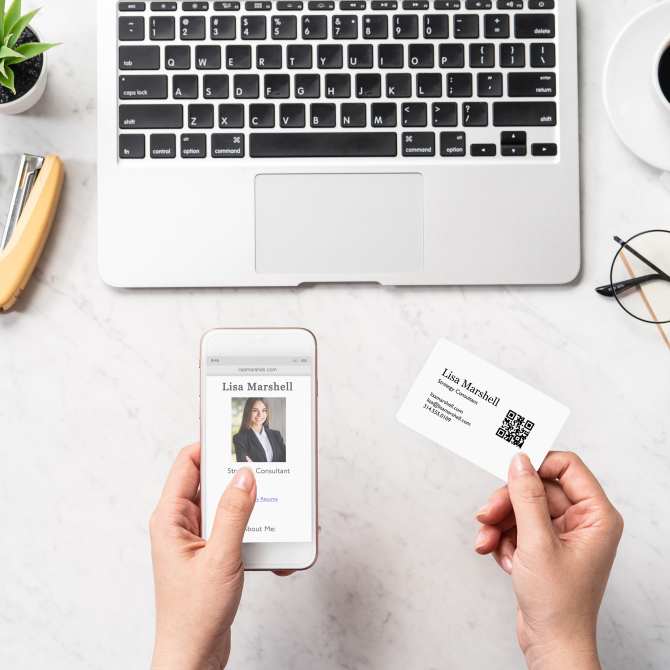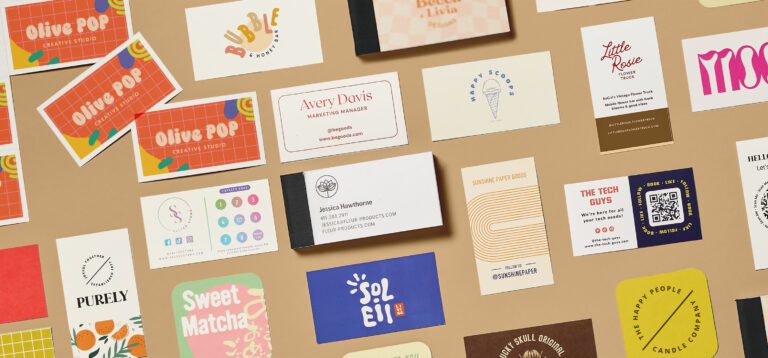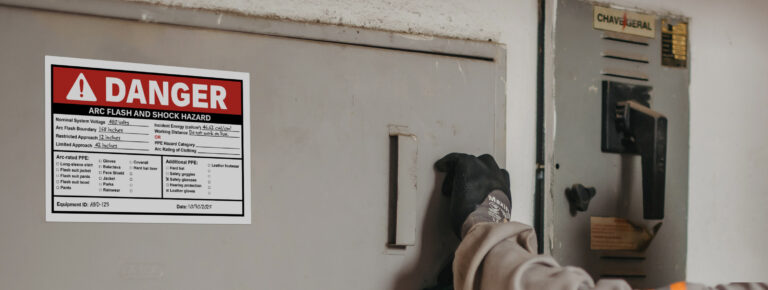
6 Great Reasons Business Cards Still Matter in 2025
Estimated reading time: 6 minutes
Do business cards still matter?
Yes, business cards still matter, and here’s why:
- Handing someone a card is quick and easy.
- Cards bridge the gap between analog and digital.
- Face-to-face networking remains the gold standard.
- No Wi-Fi, no problem—cards still work perfectly.
- You can show respect for traditional cultures.
- They serve as a physical reminder to potential clients.
Do people really still use business cards in 2025?
Yes! People from large companies, small ventures, and even solo entrepreneurs use business cards every day. Just take a look at these unique designs we saw real, working artists use at Anime Expo in Los Angeles. And cards are not exclusive to for-profit businesses. Those networking to advance their careers, teachers, non-profit organizations, and people monetizing their hobbies use them too.
Most people use cards traditionally—to relay business information that helps connect with potential clients. However, small ventures and solo entrepreneurs might consider additional uses, such as these out-of-the-box ways to use square cards.
1) Handing someone a business card is quick and easy
Do digital contacts work for today’s professionals? Sure. But sharing that info isn’t always smooth. While some devices allow easy transfers, like airdropping between smartphones, both devices need to be compatible, which can make things tricky. That’s where business cards come in. They’re quick, easy, and always accessible. You can keep a few in your wallet or purse, use a cardholder for easy access, or even stash a few in your pocket. Handing someone a card literally takes seconds, and you can add the info to your device later—no fumbling with phones, typing, or texting in the moment.


2) Cards bridge the gap between analog and digital
Now that a potential customer or client has your business card, what comes next? Well, they have to take the next step by going online, calling a number, sending an email, or going to your social media. Typing in numbers, URLs, or profile names can be tedious, especially if they’re long ones. UX (user experience) experts know that extra clicks online can cost you money. Similarly, more roadblocks between your customers and your products can do the same.
So what if your potential clients or customers could just whip out their phones, scan something, and be done? That’s the magic of QR codes! It is incredibly easy to create and add a QR code to your business cards using Avery Design and Print Online. When you add one to your cards, it enables you to place a direct link to your business in the hands of an interested person. Now you’ve given them something tangible that also provides instant digital access; it’s a win-win.
3) Face-to-face networking remains the gold standard
“Your facial expressions, gestures, posture, and tone of voice are powerful communication tools.”
HelpGuide.org
In-person interactions will always be crucial for building strong, effective business relationships because, at the end of the day, we’re all people. And person-to-person, we have a very powerful tool: body language. According to a HelpGuide.org article written by Jeanne Segal, Ph.D., Melinda Smith, M.A., Lawrence Robinson, and Greg Boose, “facial expressions, gestures, posture, and tone of voice are powerful communication tools.”
Taking that into consideration, business cards play a key role in face-to-face networking. They allow you to stay engaged without technology disrupting the non-verbal cues that build rapport, like eye contact and attentive body language.
4) No Wi-Fi, no problem—business cards still work perfectly
Business cards are always ready to go; no charger, Wi-Fi, or cell service is required. Of course, it’s great to exchange information digitally when you can, but only relying on tech solutions can cause you to miss out on big opportunities. Even if you take advantage of all the ways that technology can digitally connect people to your business, you need to have cards as a backup.
This is because, no matter where your business takes you, you really can’t know what Wi-Fi or cell service to expect while traveling. Airports, airplanes, and hospitals are well-known areas for possible dead spots. Not to mention unconventional networking places like health clubs, the dog park, etc. Even convention centers (where generally the entire purpose is networking) are infamous for spotty service and expensive Wi-Fi.

5) You can show respect for traditional cultures
When traveling for business, it’s also important to plan and prepare for different business etiquette and cultural customs. For example, in France, it’s customary to leave a business card with the receptionist when you arrive for a meeting. In Russia, India, Brazil, Canada, and the United Arab Emirates, national language translations on your business cards are tokens of respect and eagerness to build relationships. Without business cards, you’re missing an opportunity to show respect and connect with clients in a meaningful way.
And if you’re doing business closer to home? Be prepared for doing business with traditional clients or investors. Making the right impression is everything. Not having a business card or fiddling with your phone during a meeting (even if your intentions are pure) can seem extremely unprofessional to traditional business people.
6) Business cards serve as a physical reminder to potential clients
In our fast-paced digital world, sometimes we forget that speed isn’t everything. There is merit in taking time and creating a lasting impression. Handing over a card isn’t just about conveniently sharing information. A business card matters because it can also be a physical object that creates a stronger memory of meeting with you.
According to the Scientific American Journal, “The sense of touch generates surprisingly powerful and long-lasting memories.” The article goes on to say, “Not only does touch generate memories that are highly detailed and precise, but those memories can endure over the long term.” Airdropping from your smartphone might only take a few seconds, but you don’t want the impression you leave to be just as fleeting.
Business cards matter, but so does a well-rounded approach
So, do business cards still matter in 2025? Absolutely! They’re more than just a way to share information; they’re a powerful tool for making lasting connections. And they offer benefits that digital solutions alone can’t provide. By combining traditional professionalism with modern elements like QR codes, business cards give you a well-rounded approach to networking and promoting your business. Whether you’re showing respect for traditional etiquette or making a memorable impression in person, business cards are the right tool. Next time you head out for a meeting or event, keep a few cards handy—you never know when the next big opportunity will come your way.
Get started making your own with our free Avery Design and Print Online business card maker. You can also follow us on Instagram and Pinterest for more ideas for your business.



